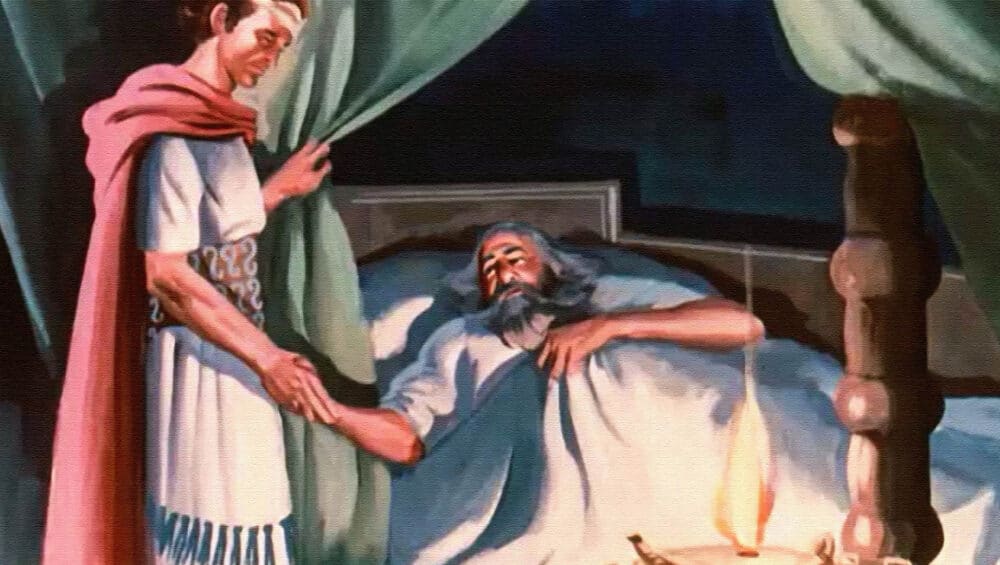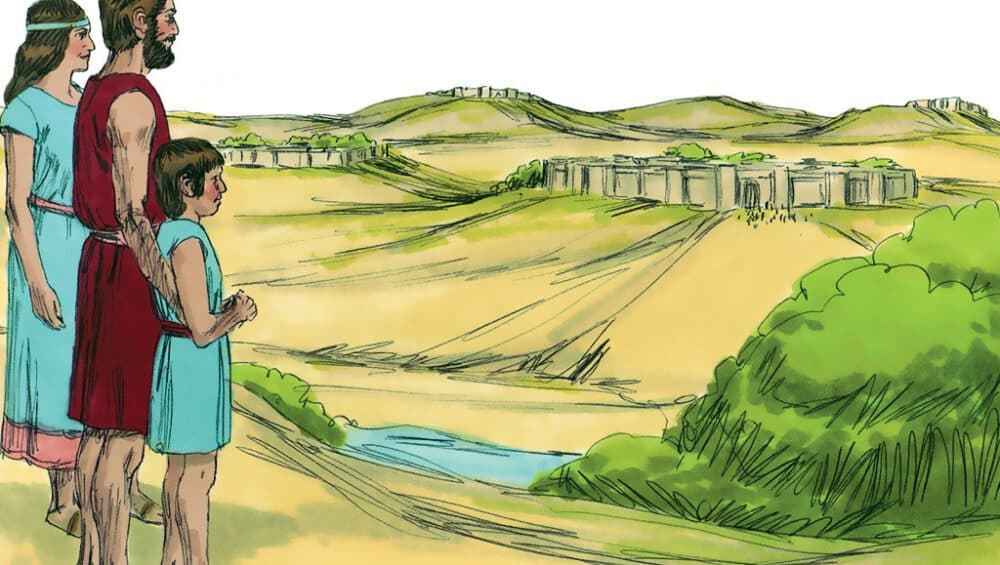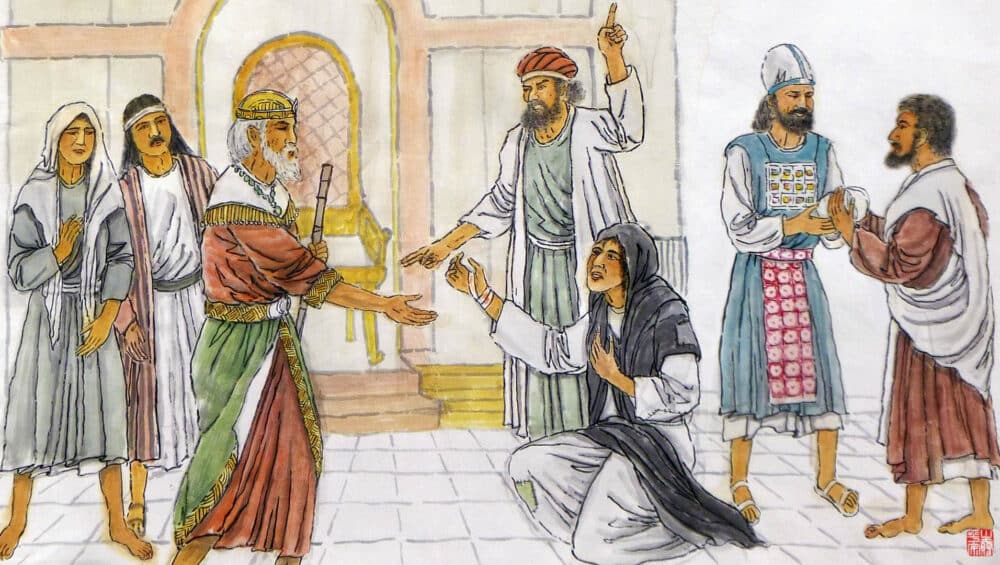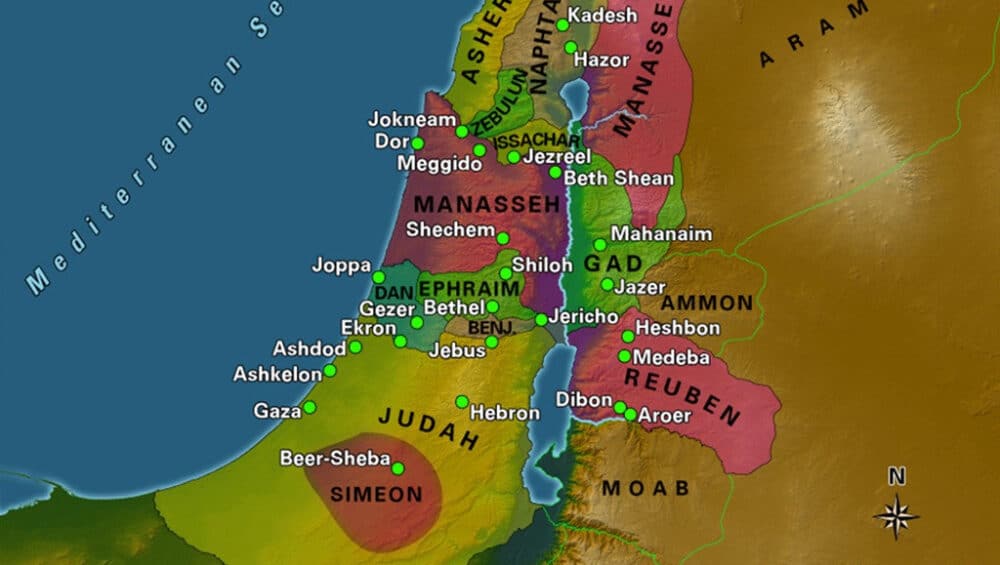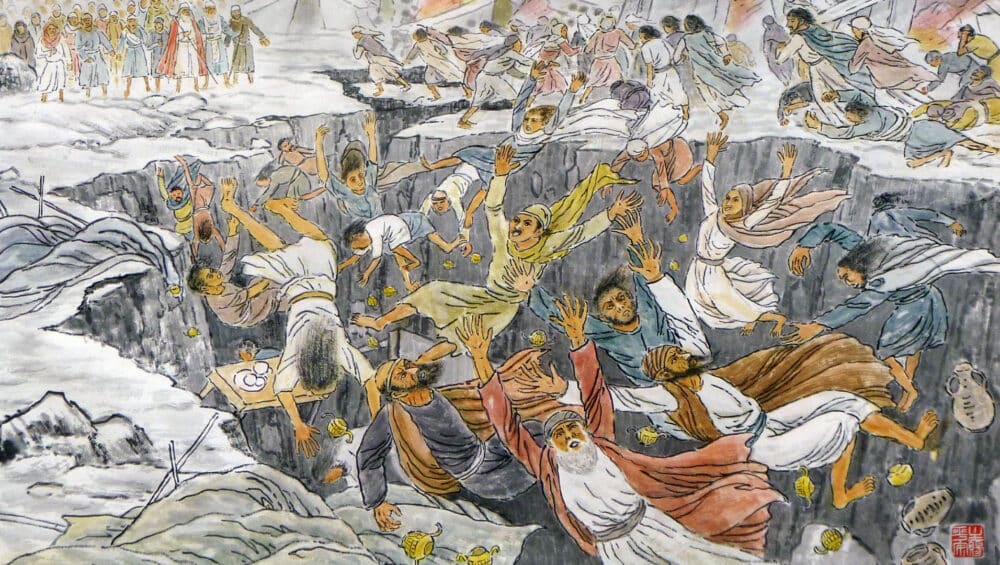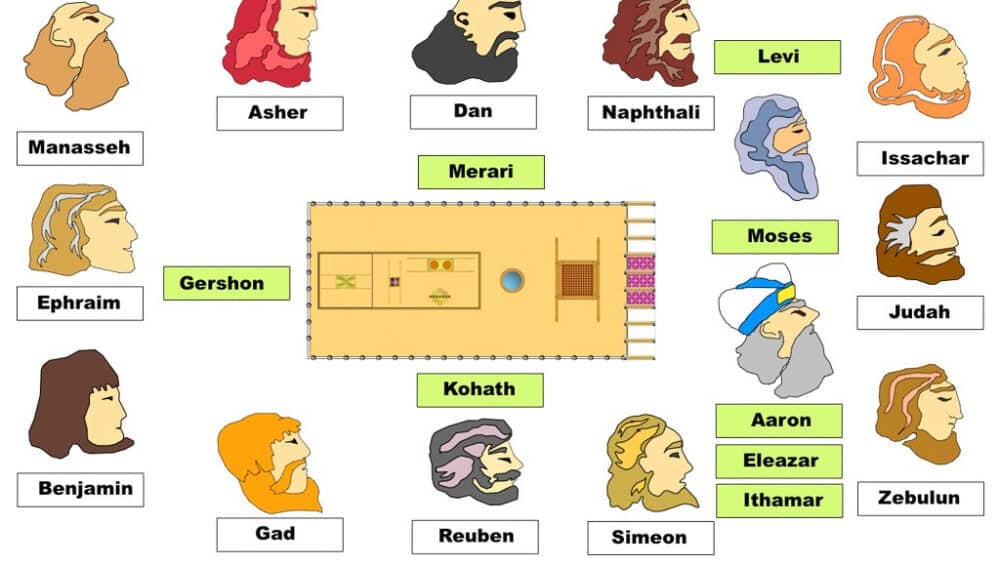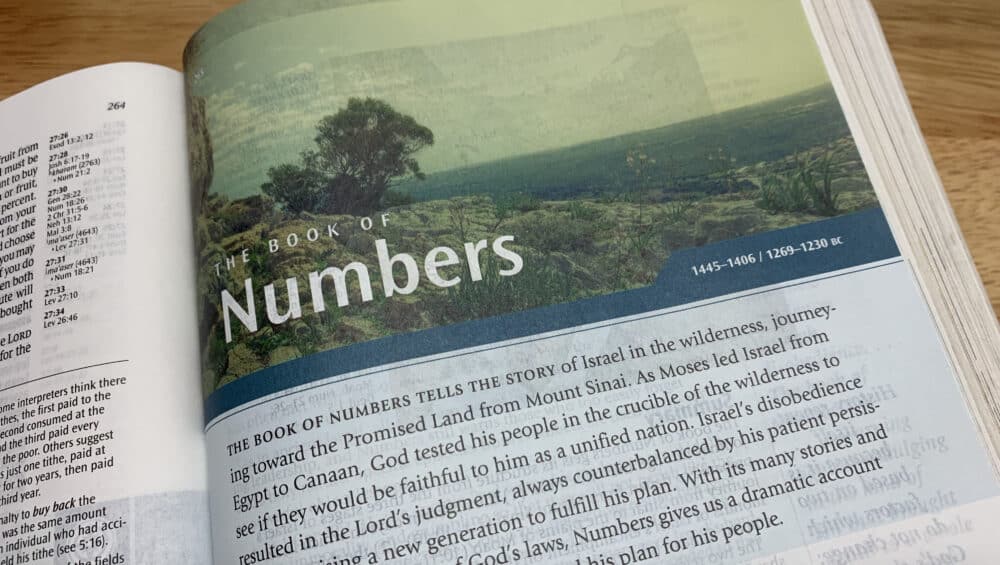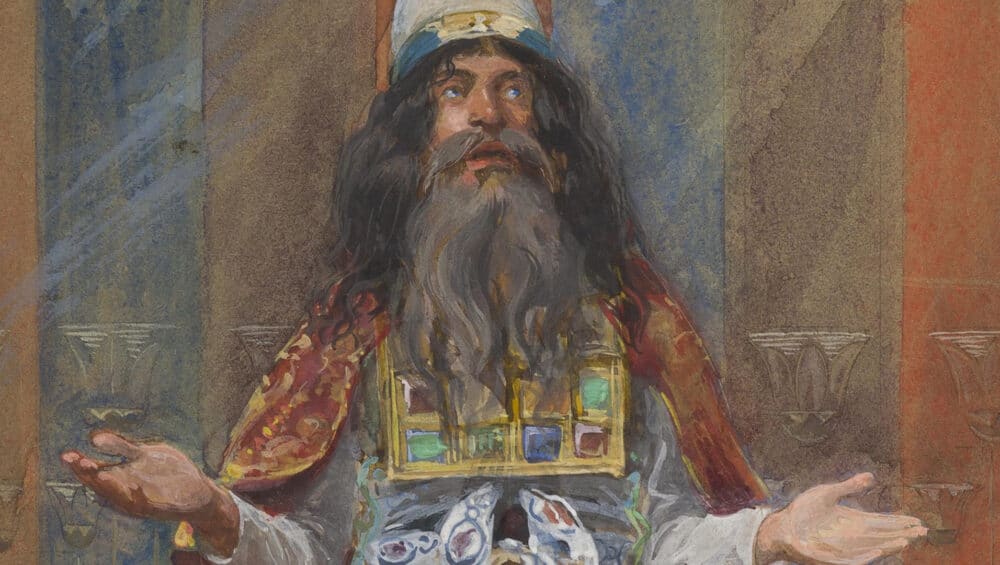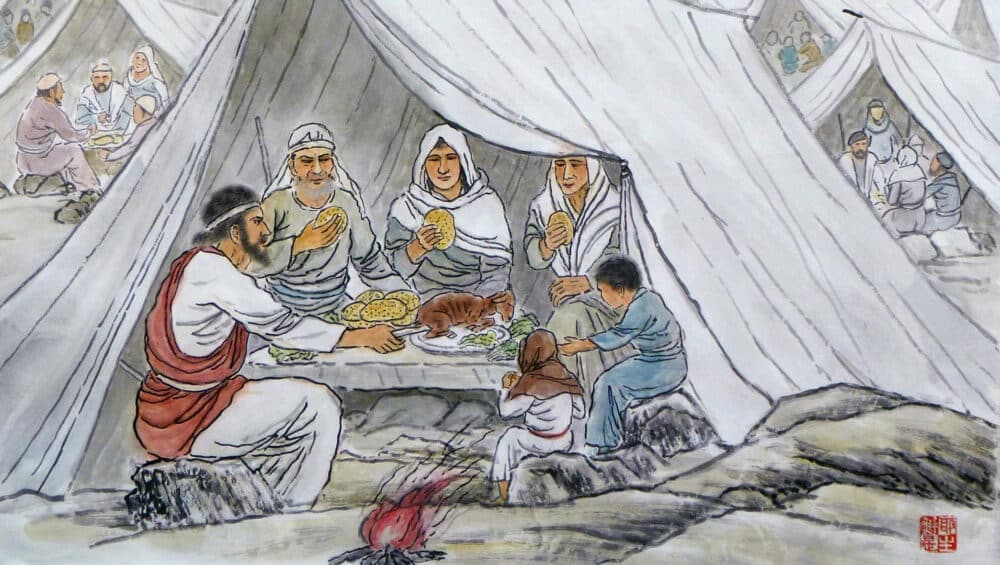Wong Chim Yuen
Welcome to Livin’ Light’s Bible-In-A-Year challenge of discovering God’s love for us and His purpose for our lives. Here is the format for this great adventure: The daily reading assignment is posted at 5 a.m. After each day’s reading, Leigh An Coplin, the blog host, shares observations and poses questions about difficult passages to Rob Fields, who studied Christian Education at Asbury Seminary and currently teaches Biology in the Orlando area. To start from the beginning, click on 365 Bible Readings and scroll down to Day 1. The reading schedule is taken from The One Year Chronological Bible NLT.
Today’s Reading
— Numbers 16-18
(1426 BC) Click here for a timeline of the whole Bible.
Questions & Observations
Q. (Numbers 16:1,6): I guess Korah did not learn from God’s punishment to Miriam when she and Aaron also became envious of Moses being the one God talks to and has chosen to lead the Israelites (Numbers 12:1-16). What is the significance of burning incense before the Lord? Is it a way that the Lord can identify those who were challenging Moses (really God) and know which ones to punish? The idea of burning incense in front of the Tabernacle just seemed to have popped out of Moses’ mouth without him thinking about it as a way to see whom God chooses. Many times, as I recall, Moses confers with God before he doles out a punishment. God is really talking through Moses.
A. This is a literal trial by fire for the 250 men who were among the group that challenged Moses and Aaron. They were attempting to offer incense to the Lord, a duty of the priest, to test whether the Lord would except them as priests instead of Aaron’s family. Obviously, God did not.
O. (Numbers 16:12): How easily the Israelites forget their enslavement in Egypt! We are supposed to remember our past and learn from our ancestors’ accomplishments and mistakes. Here their memory is so short they can’t even remember that Miriam had leprosy from questioning God’s choice of Moses.
Q. (16:22-35): Moses is always interceding for the Israelites and pleading for God to forgive them. I like this plan that just destroys the ones at fault. I would think it would be very effective, especially since God appeared before the whole community. So all of these men who were swallowed and burned were Levites?
A. Some where Levites of the house of Kohath, which chapter 4 told us was the group of Levites responsible for moving and caring for (but not touching!) the sacred objects of the altar. But the text also says that there were members of Reuben’s clan as well, which would mean they were not Levites. These men were not satisfied with Moses’ rule, and appear to have longed for the “paradise” of Egypt.
Q. (16:40): So, these men were not authorized to burn incense at the Tabernacle — not Levites? Moses knew this and knew they would be destroyed?
A. Well, that was the test. If these men desired to be the true priests, they had to carry out the priestly duties, and we can recall the careful instructions that God has given to Moses and Aaron about the priestly role. So, basically, Moses probably knew that such a move was foolish for these men, but there was no other way for them to demonstrate that they had been chosen by God.
Q. (16:46-50): Does Moses actually have power here or is he using power God gave him to control God’s wrath?
A. As we have seen several times, and will see again soon, it appears that Moses and Aaron act on behalf of the people in order to spare them, or in this case spare MORE of them, God’s wrath.
Q. (17:8): We have seen the almond symbol before when God was instructing the Israelites on how to make the lampstand (Exodus 25:33). What is the significance of almonds here?
A. It is the same. We looked at this question on Day 44 (Feb. 13). Here’s what I noted there: There are two significances to the almond tree. First, the almond tree was the first tree to bloom in the Middle East after the winter, making it a symbol of new life and renewal.
The other symbolism of the almond tree is a word play. The word for almond (shâqêd) in Hebrew is very similar to the word for “lookout”, “watchful”, or “unresting”. So in this case, the staff itself becomes a symbol of God’s provision and His watching over His people.
It is also possible, we are not told, that Aaron’s staff could have been from an almond tree, and so the miraculous growth seen was related to the “original” trunk of the tree it came from.
O. (17:12): I think the Israelites are missing the point. Destroying these unbelievers was a sign to learn from. They think that they are cursed if they go near the Tabernacle instead of realizing that the actions of those who were destroyed caused their doom.
Q. (18:8-24): I would think that the Levites getting all of the offerings and tithes would cause some jealousy. I understand that God righted this by not allowing the Levites to own land. Any insight?
A. God was asking a great deal of Aaron and the Levites. It only seems fair that they are compensated for this sacrifice. And while the text says “these offerings are yours,” they don’t mean, “so that you can get rich at My expense.” The Levites were expected to tithe upon the tithe (as we read), but also use the funds to care for the equipment and various parts of the Tabernacle, and later the Temple. I honestly doubt if very many people got wealthy, God is simply making a provision for His carefully selected people.
Q. (18:30-32): So the people gave the Levites their tithing. From this, the Levites fed their families and gave the best portion to the priests, which is how the priests ate. When, God says to offer and tithe, the priests and Levites receive it and use it? It goes to God through the Israelite leaders?
A. This passage is saying that even though the Levites were receiving the tithe of the other tribes, they themselves were not exempted from tithing. In fact, this passage is telling them that they must give God back, if you will, the very best of the things they received (oil, wheat, etc.). In this way, the Levites were held to the same standard as the rest of the tribes: God expected the best, and the first fruits, even if it was indirectly.
For Further reading:
— Dispelling doubts of Christianity. https://livinlight.org/blog/dispelling-doubts-of-christianity/
Tomorrow’s reading: Numbers 19-21

